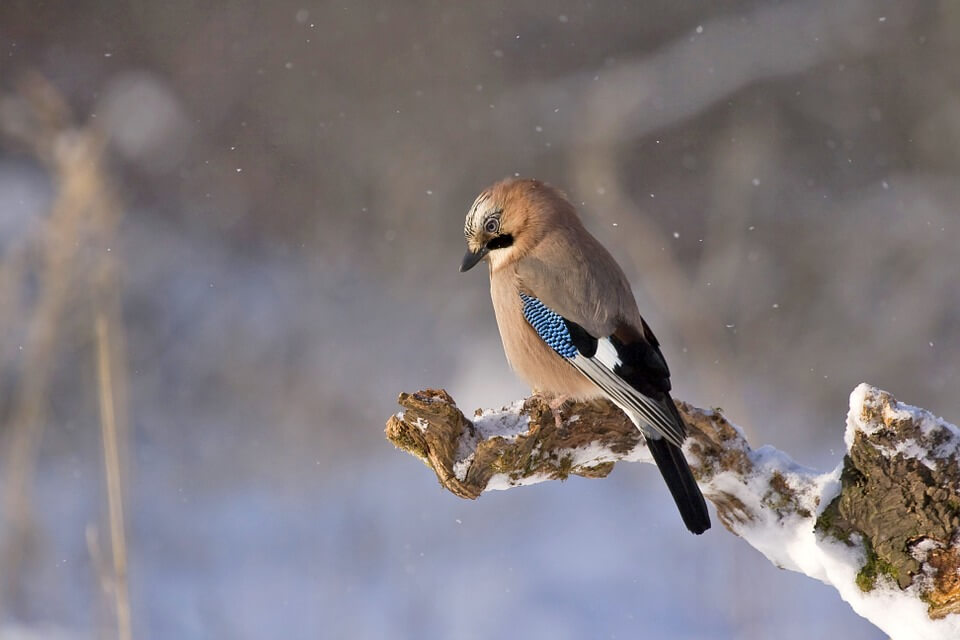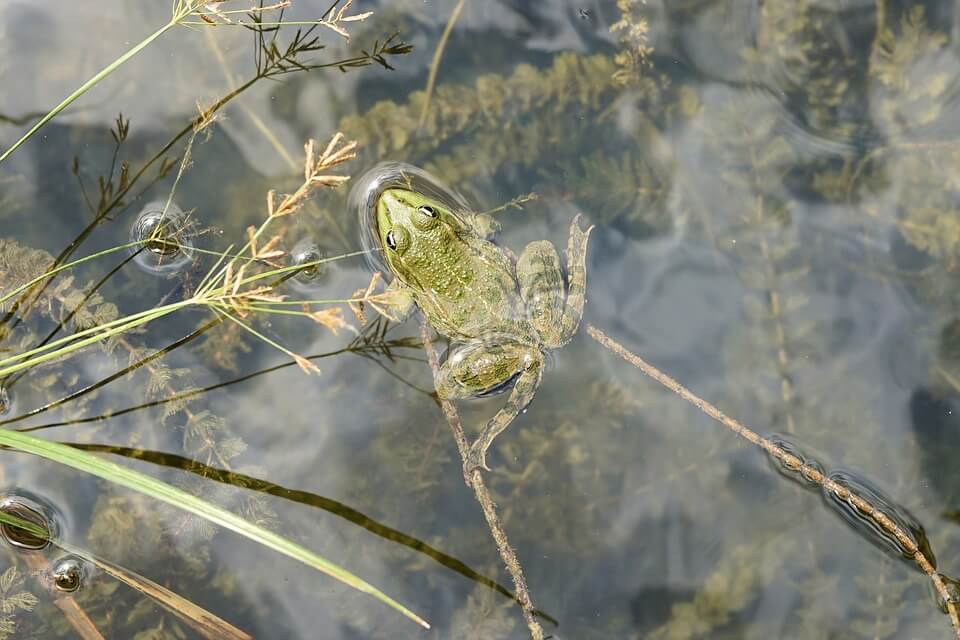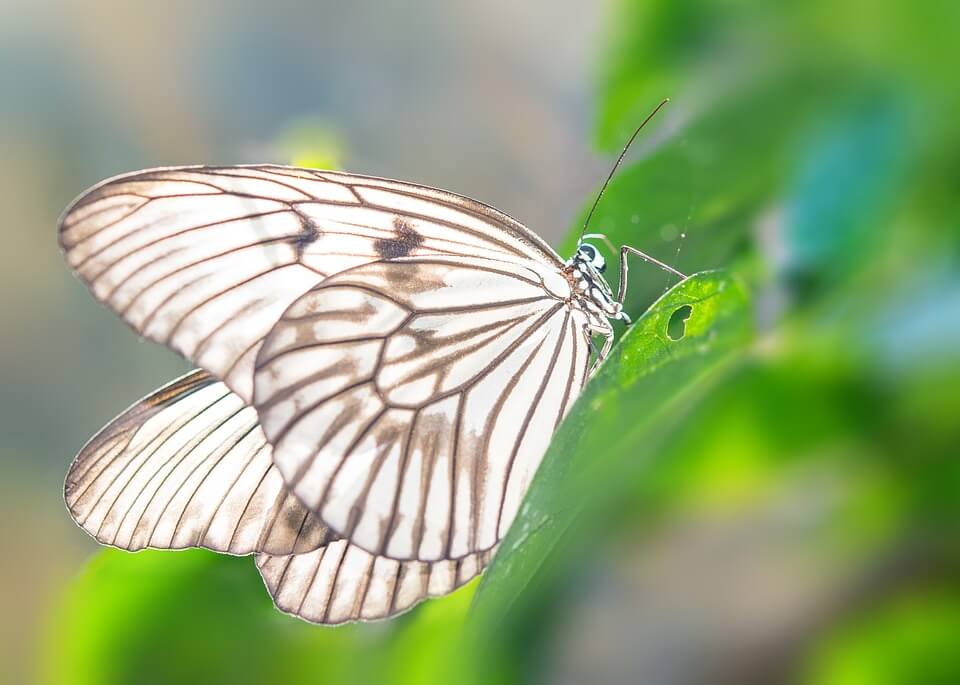As we get into the winter months, it’s time for a lot of wildlife to find a cosy spot somewhere to hibernate. Species that don’t hibernate prepare for harsh weather and many struggle to find food.
This is where your garden comes in. By learning how to care for wildlife in winter you can save the lives of some animals that otherwise wouldn’t make it through the harsher winter months.
Hedgehogs

In order for hedgehogs to survive their winter hibernation, they need to have a substantial amount of fat stored. You can help boost their fat reserves by leaving out small plates of meaty pet food, along with crunchy pet biscuits, which will help take care of their teeth. Once hedgehogs are ready to hibernate they like warm spots under piles of leaves and in logs.
We suggest when collecting leaves, instead of composting all of them, place some underneath hedges at the edge of the garden. This creates welcome places hedgehogs can make a home for the winter.
Talking of compost heaps, hedgehogs often like to nest in them so ensure you check your compost for hedgehogs before turning it over. Alternatively you could buy a ready-built hedgehog home for hedgehogs to settle in to.
Birds

As birds don’t hibernate, it’s important to provide them lots of food and a water source over winter. Food in the wild can be scarce over the colder months. To help prevent starvation, have a variety of foods available to them over a number of feeding stations.
Feeding stations range from bird tables to hanging feeders to ground feeding stations. The more variety of bird food you put out, the more diverse a species of bird you will find in your garden. Peanuts, bird seed mix, fat balls as well as any leftover dried fruit are all good choices and will attract blue tits to robins to goldfinches.
To find out more about what bird food to put out check out our article here. It is also important to make sure birds have access to fresh water. Keep your birdbath topped up and ensure it doesn’t freeze over by placing a table tennis ball at the surface of the water.
Pond life

Many of your fish will hibernate at the bottom of your pond during the winter months. It is vital that your pond does not freeze over during extra cold spells. This can trap poisonous gases, as well as suffocate frogs and the like.
Help prevent this by placing a tennis ball at the surface or installing a pond heater. If it does freeze over, place a pan of boiling water on its surface to allow the ice to melt. Ensure you remove any fallen leaves and dead plant matter from your pond. If you leave this it can release harmful gases as it decomposes.
Insects

Insects are often long forgotten when it comes to garden wildlife, but they are an important part of your garden’s ecosystem. Many play the vital role of pollination in your garden. Others are great predator control. One way you can help insects in the winter is by letting the grass on your lawn grow wildly.
Try and resist mowing your lawn until spring. This allows a place for butterflies and other insects to shelter from the harsh weather. Another way to provide shelter, as well as food for some creatures, is to create a log pile. You can also drill holes in the logs to create housing for solitary bees. Alternatively, buy a solitary bee pollinator house. Once you’ve built your log pile, be sure not to disturb it as not to interfere with the wildlife community inside.